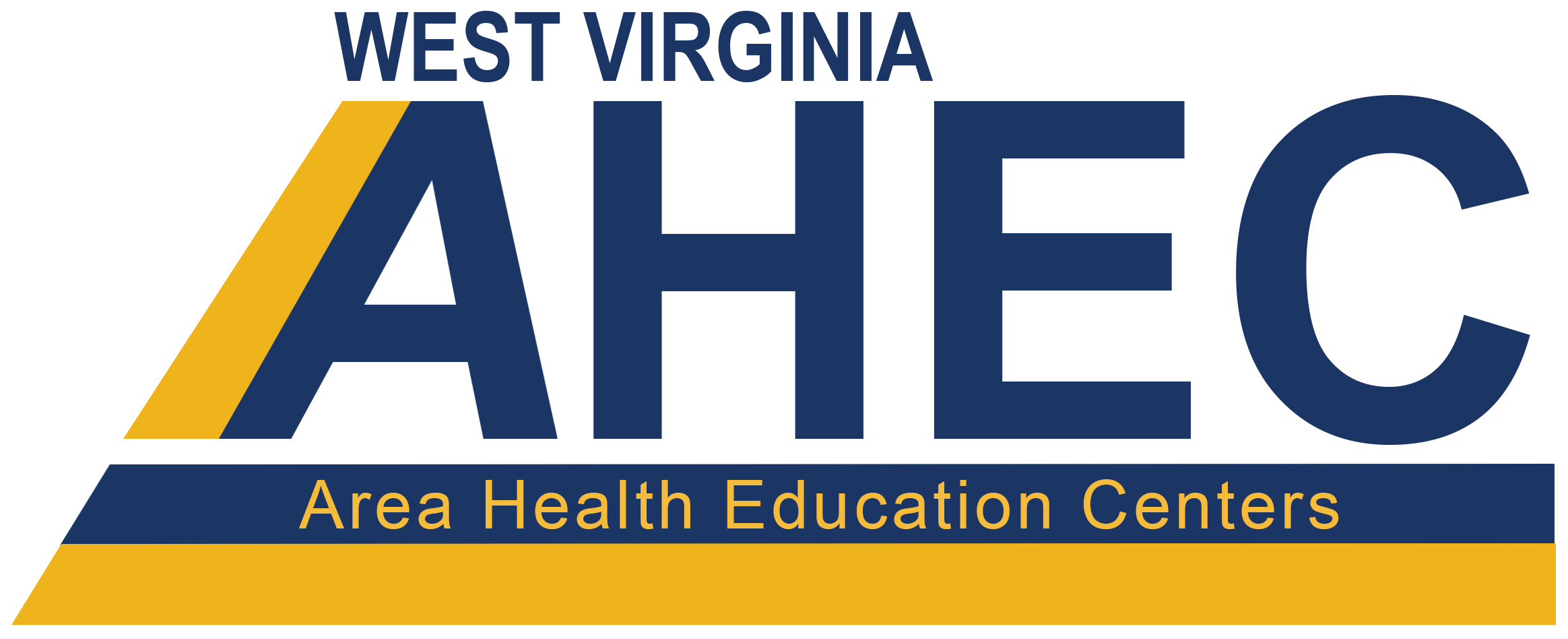Didactic Modules
The RCH Scholars Program has six (6) modules from which students may choose to meet the didactic education requirement. All Scholars will complete the Community Rural Immersion Module (RIE) in either Year One or Year Two and attend an in-person rural immersion experience. Each module is delivered via an online platform called SOLE.
The Rural Immersion Experience (RIE) can be completed in either Year One or Year Two. The RIE is optional for Scholars who choose to complete the Primer on Clinical and Translational Science I and II modules. At the beginning of the first program year, students will rank their choice for the modules through a REDCap® survey. While we will do our best to ensure students are placed in their first choice of module, they may receive placement in a lower ranked module based on module capacity.
Each module is delivered via an online platform called SOLE and facilitated by expert instructors. Some modules are entirely online, while some require an in-person activity/activities.
Scholars are required to complete one of the following modules each year. All modules are designed to meet the 40-hour didactic requirement. These modules only fulfill the 40-hour didactic requirement; they do not fulfill the 40-hour community-based student experience requirement.
Community-Based Chronic Disease Prevention provides Scholars with skills to identify strategies for effective community-based chronic disease prevention and explore existing initiatives that work to improve health in West Virginia. Most of the module will be completed asynchronously online except for a 5-hour community-based assignment to be completed in the Scholar’s own community. Instructors: Lauren Prinzo and Kerry Gabbert, WVU Extension.
Community Rural Immersions offer each Scholar the opportunity to connect with rural and medically underserved communities—engaging with partners, healthcare providers, and community members and completing a service-learning project that benefits the community where the immersion is held. Scholars rank in order the immersion they would like to attend based on dates and interest in the health topic of focus. This is a hybrid module where some work will be completed online and includes attendance in one of the five available in-person immersions.
Instructor: Dr. Treah Haggerty, WVU School of Medicine.
Central WV AHEC: Aging in Rural America: Policy and Outreach, Charleston, WV, February 15-17, 2026
Eastern WV AHEC: Food Insecurity & Nutrition in Rural Communities, Berkeley Springs, WV, April 16-18, 2026
Northern WV AHEC: Mental Health and Food Insecurity, Sutton, WV, October 16-18, 2025
Southeastern WV AHEC: Rural Maternal Health, Lewisburg, WV, November 19-21, 2025
Southern WV AHEC: Increasing Quality Healthcare in Rural Communities, Williamson, WV, March 12-14, 2026
Oral Health in the Healthcare Setting – What’s My Role? introduces Scholars to the link between oral health and overall systemic health. Scholars will review modules, videos, and a variety of medical and dental evidence-based resources including those from the Center for Integration of Primary Care and Oral Health. This module is completely online. Instructor: Elizabeth Puette, WVU School of Dentistry Department of Dental Hygiene.
Food is Medicine provides Scholars with an understanding of Food is Medicine as an approach to healthcare practice that places food and nutrition as a key component of disease prevention and management, emphasizing how nutrition supports wellbeing. Scholars will gain an understanding of the Food is Medicine landscape nationally and in West Virginia. Scholars will have the opportunity to complete modules from the nationally recognized HEALTH meets FOOD curriculum via the American College of Culinary Medicine. The curriculum includes nutrition education, cooking modules, and strategies for food and nutrition counseling as part of care and encourage behavioral change. Instructors: Leah Fitzgerald, Project Healthy Kids; Dr. Megan Govindan, WVU Institute for Community and Rural Health.
A Primer on Clinical and Translational Science I is designed to introduce Scholars to clinical and translational science concepts, resources, and an opportunity to participate in a mentored research experience. Activities may be fully online or hybrid, depending on Scholar availability and host site project needs. Instructors: Dr. Bri Sheppard, WV AHEC; Bree Gustke, WV Clinical and Translational Science Institute (WVCTSI); Tayla Tallman, WVCTSI.
A Primer on Clinical and Translational Science II builds upon the initial module and provides students an opportunity to continue and expand on their research skills including literature reviews, grant writing, and how to disseminate results to different interest holders. Scholars may continue research from the previous year with their host site or explore other research opportunities. Scholars must complete the first module in this series to enroll. Activities may be fully online or hybrid, depending on Scholar availability and host site project needs. Instructors: Dr. Bri Sheppard, Director, WV AHEC; Bree Gustke, WVCTSI; Tayla Tallman, WVCTSI.
